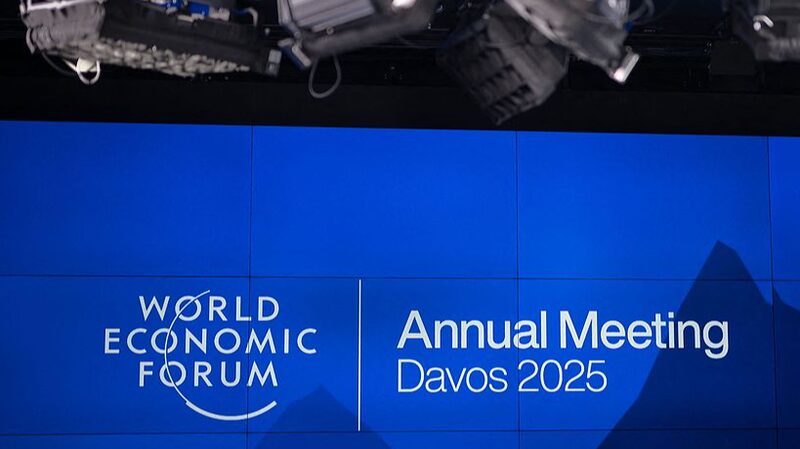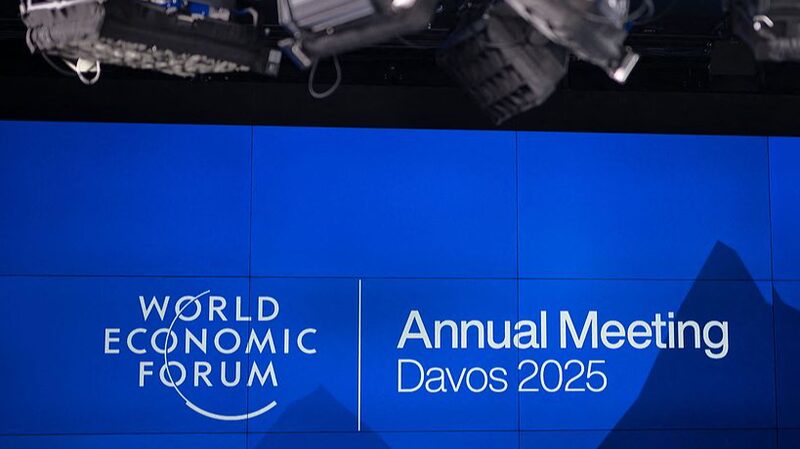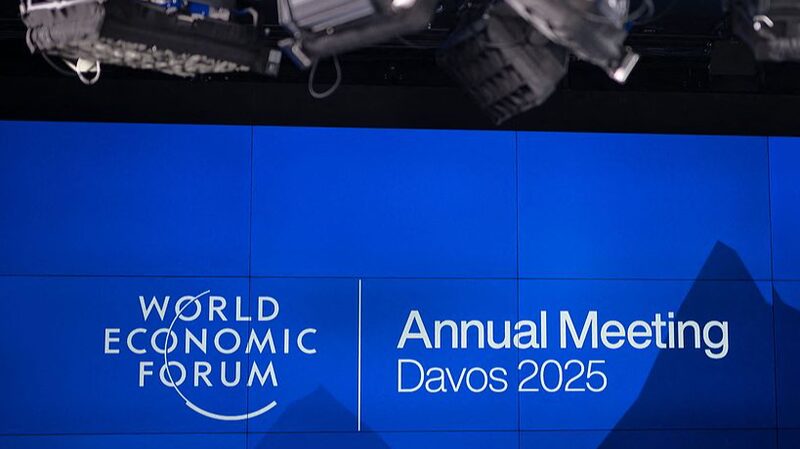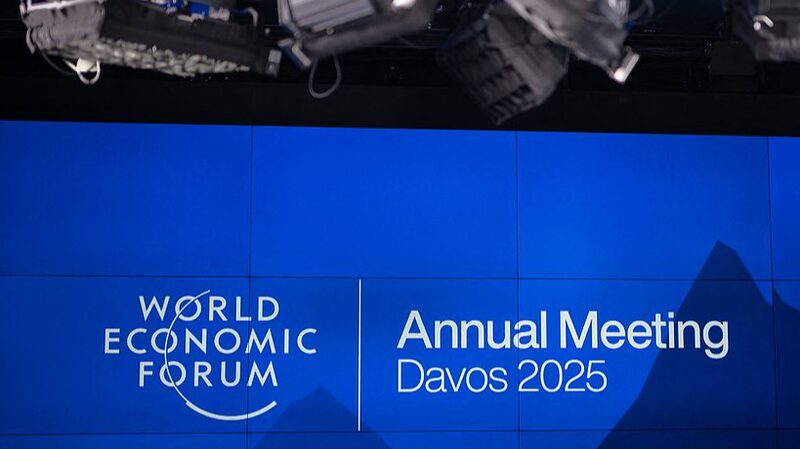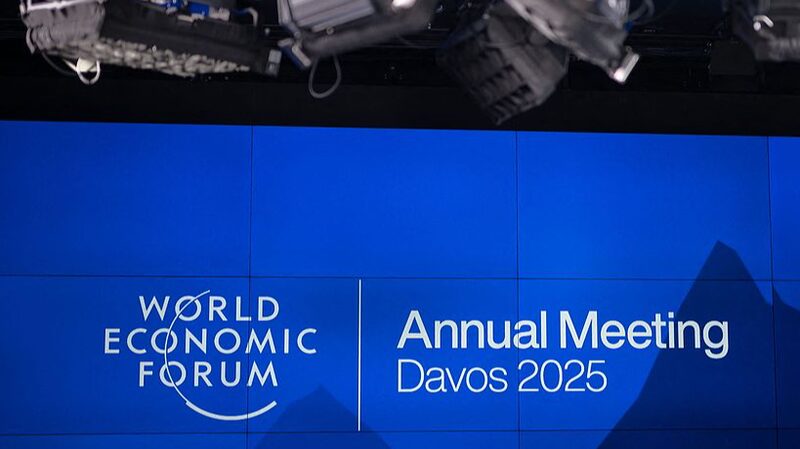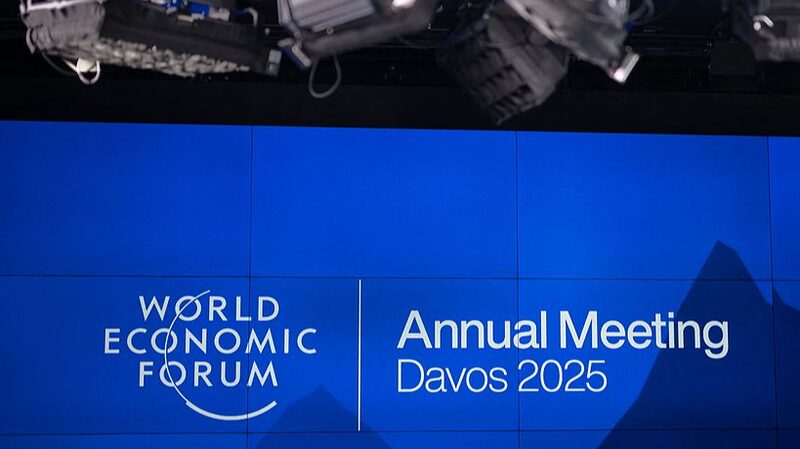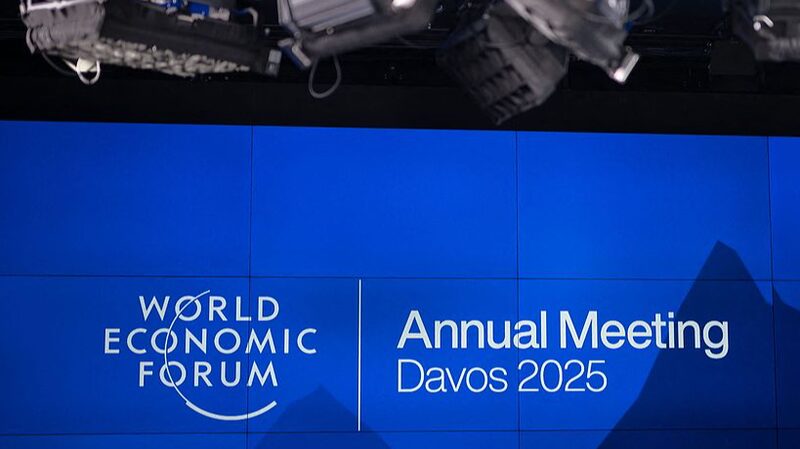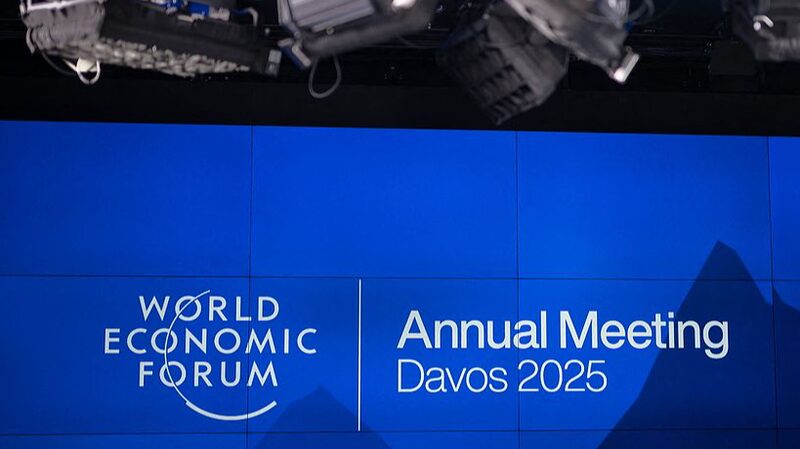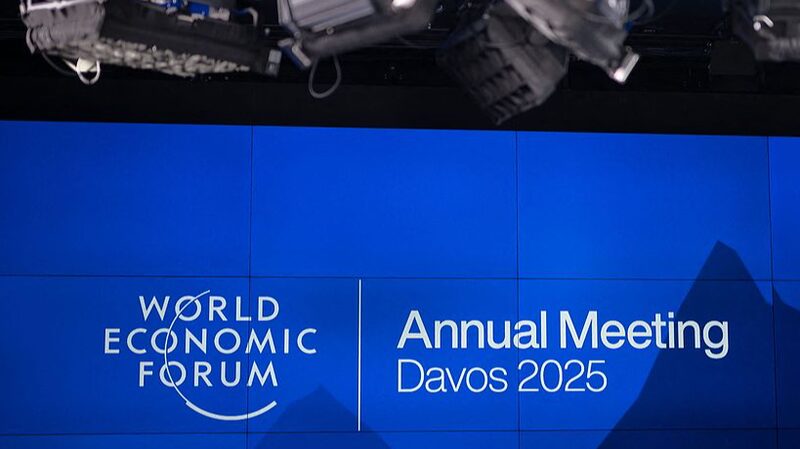The world is gearing up for the annual gathering of global leaders at the World Economic Forum (WEF) in Davos, Switzerland, scheduled from January 20 to 24, 2025. With nearly 3,000 participants from politics, academia, and business, including 60 heads of state and government, this year's meeting promises to be a pivotal moment in addressing the complex challenges facing our global community.
A History of Turning Points
Since its inception, the WEF has been a crucible for ideas that have shaped the world. In 1992, Davos witnessed the historic meeting between Nelson Mandela and F.W. de Klerk—their handshake marking a significant step towards ending apartheid in South Africa. Just a few years later, in 1998, amidst a global financial crisis, Davos became the birthplace of the concept that evolved into the Group of 20, fostering economic cooperation between developed and developing nations.
Facing Today's Complex Challenges
The theme for Davos 2025, \"Collaborating for the Intelligent Age,\" reflects the urgency of uniting to navigate the rapidly changing technological landscape. The increasing gap between global aspirations and anxieties has become ever more evident. Geopolitical tensions, economic uncertainties, cultural polarization, and climate change present intertwined challenges that no nation can address alone.
Meanwhile, breakthroughs in quantum computing, biotechnology, and artificial intelligence offer unprecedented opportunities to enhance productivity, improve living standards, and reduce poverty and inequality. However, these technologies also carry the potential to deepen divides if not managed collaboratively.
The Five Pillars of Davos 2025
Under its overarching theme, the forum will focus on five key priorities:
- Rethinking Growth: Exploring sustainable economic models that balance prosperity with environmental stewardship.
- Industries in the Intelligent Age: Examining how technological advancements are reshaping industries and the future of work.
- Investing in People: Prioritizing education, skills development, and equitable opportunities for all.
- Safeguarding the Planet: Addressing climate change and promoting sustainable practices to protect our environment.
- Rebuilding Trust: Enhancing global cooperation and trust among nations, businesses, and societies.
What to Expect
Participants at Davos 2025 will engage in dialogues aimed at finding actionable solutions to shared problems. The convergence of leaders from diverse sectors provides a unique platform to foster partnerships and initiatives that can drive positive change.
The focus on collaboration in the intelligent age underscores the necessity of harnessing technology for the common good. It is an invitation to collectively shape a future where innovation benefits all, rather than exacerbating existing inequalities.
Conclusion
As the world stands at the crossroads of tremendous technological advancement and profound global challenges, Davos 2025 emerges as a beacon of hope and collaboration. By uniting leaders to focus on shared priorities, the World Economic Forum aims to inspire actions that will positively impact societies worldwide.
Reference(s):
cgtn.com
